Table of Contents[Hide][Show]
One of the things we love about creating skin care products is giving women that feeling of femininity and well being that comes from applying something lovely to the skin. And what can be more lovely than the lotus flower?
Ancient Hindu and Buddhist writings linked the lotus flower to serenity and purity. It’s also said to have soothing and calming properties.
In skin care, lotus cleanses and purifies, while providing the antioxidant protection that we gain from so many natural botanical ingredients.
Beautiful and magical, the lotus brings freshness and vitality to the skin.
A Little Bit About the Ingredient Itself
Known scientifically as Nelumbo nucifera, the lotus (also called “Indian lotus”) is an aquatic perennial not to be confused with the water lily, which is an entirely different plant. Whereas water lilies have leaves that float on the surface of the water, lotuses have circular leaves that rise above water level, and blooms that are much larger than water lilies—and often pink. Lotus blooms can also be yellow, rose, red, or white.
The lotus is native to southern Asia and Australia. India and Vietnam chose it as their national flower. The roots are planted in the soil of the pond or river bottom, while the leaves emerge on the top of the water surface. Lotuses are considered “heat-producing” plants, and can sustain a temperature of 86-95 degrees Fahrenheit even while the outside temperature is only 50˚ F.
Lotus seeds have very hard, impermeable seed coats, and though they may sit dormant for a long time, they can still germinate under the right circumstances. Some have been known to germinate after more than four centuries.
Internal Health Benefits of Lotus
The flowers, seeds, young leaves, and roots of the lotus are all edible. The seeds can be eaten raw or cooked, and are said to have a chestnut flavor. Ripe seeds may be roasted and ground into flour, or boiled to extract oil. They are also believed to have aphrodisiac benefits when taking internally.
The roots are starchy tubers similar to sweet potatoes, and are good sources of vitamin B and C, fiber, and minerals like copper, iron and zinc. The young leaves can be cooked as a vegetable.
Lotus tea is popular in many cultures, made from the flowers. It’s said to have diuretic and calming benefits due to the antioxidants, and helps manage diarrhea and cramping. The tea is also recommended for treating symptoms associated with gastric ulcers, and for shortening the duration of colds, headaches, and nose bleeds.
Lotus’s Benefits to the Skin
The lotus is full of compounds that benefit the skin, including antioxidants, flavonoids, fatty acids, proteins, vitamins, and minerals. Like most plant ingredients, it provides many benefits at once, but here are a few of the standouts:
- Purifies: Use lotus on your skin and you may notice a minimized appearance of your pores and your face feeling more fresh and vibrant.
- Soothes: The lotus has natural moisture that conditions and hydrates.
- Exfoliates: Like hibiscus, lotus has natural alpha-hydroxy acids that help exfoliate and restore a youthful look.
- Firms and tightens: The proteins in lotus help firm and tighten.
Try It!
I have added lotus to the following three products. In the facial oils, it works to rejuvenate the look of your skin on many levels, and it’s especially wonderful in the eye cream as it helps to reduce the appearance of under-eye bags.
Let me know what you think!
- Anti-Aging Eye Cream
- Herbal Facial Oil for Normal and Combination Skin
- Herbal Facial Oil for Oily Skin
What do you think of the lotus? Do you have any growing near you?
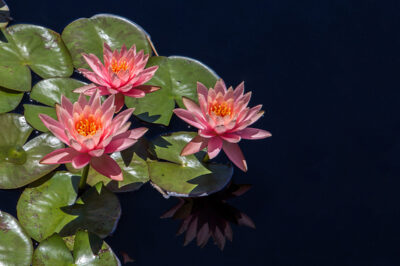

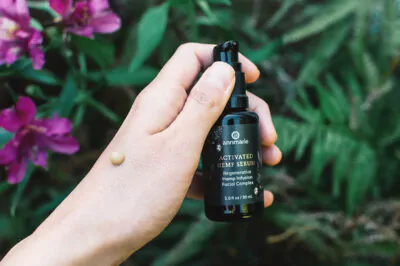
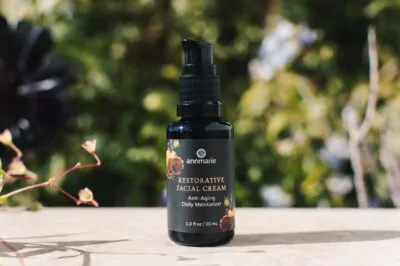
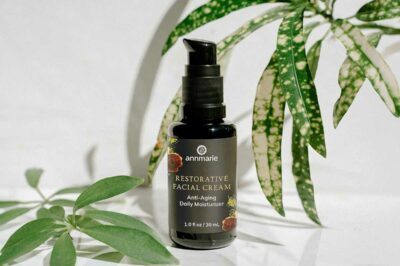
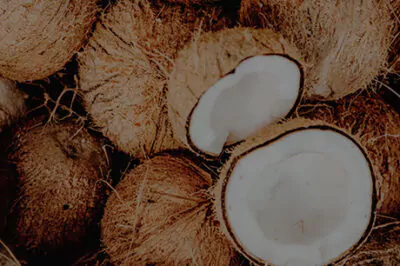
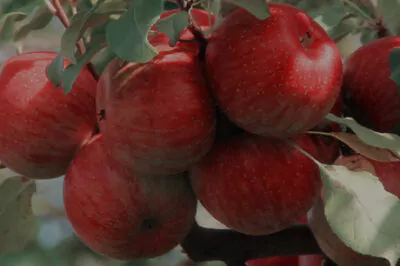
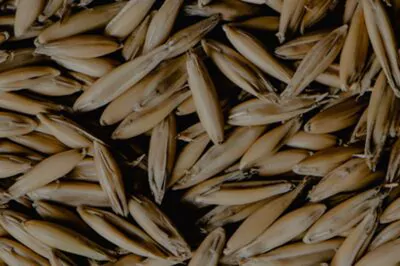
will topical application of lotus powder have benefits.
Will lotus seeds and stems, prevent face from pimples and other problems
having bought a bottle of lotus oil on last trip to sri lanka i have only just started to use it but am not sure about using it on my face . i did try it but a little went in my eye and it burned really bad .Even using around eye area seems to spread really fast and ends up stinging eyes, should i be mixing it in baby oil or some other base oil ?
Hi Ray,
If you’re going to use this essential oil, or any essential oil, we do suggest using it with a carrier oil!
Where do you purchase your Indian Lotus extract (in the US?)
You explained that “Whereas water lilies have leaves that float on the surface of the water, lotuses have circular leaves that rise above water level”, but the photo used shows leaves floating on water, indicating that they’re water lily plants.